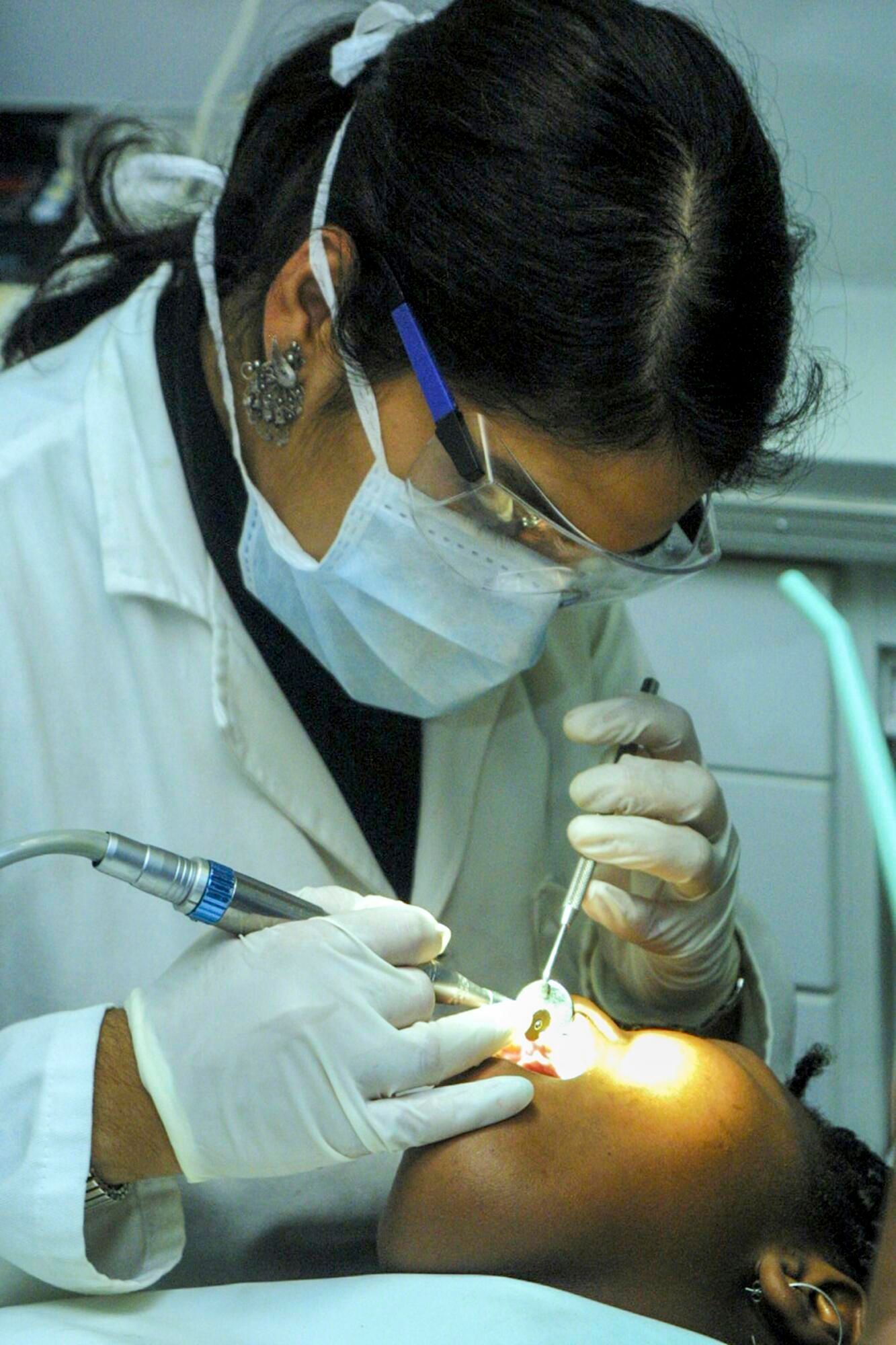MedicalNewsToday.com reports that scientists have found a connection between oral and cognitive health.
They believe that bacteria in the mouth, especially those that cause gum disease, may contribute to cognitive decline and dementia, including Alzheimer's disease.
All those findings further underscore the importance of maintaining optimal oral hygiene. It can keep your teeth and gums healthy and help maintain long-term brain health.
Undergoing dental implant oral surgery is one of the best ways to help keep your oral health in check. Not only does it replace missing teeth, but it helps preserve your gums, jawbone, and remaining pearly whites.
To that end, our caring team at TERSA Oral and Facial Surgery in Lutz, FL, put together this dental implant procedure and oral surgery guide. Read on for tips on preparing for and recovering from the treatment.
Confirm Eligibility for Dental Implant Oral Surgery
The first step in preparing for dental implant oral surgery is scheduling a consultation with a highly experienced oral and maxillofacial surgeon. They specialize in surgical procedures of the:
- Mouth
- Jaws
- Face
- Neck
Because of their more extensive training and experience, your best option for a doctor for dental implants is an oral and maxillofacial surgeon.
During your consultation with one, you will undergo a comprehensive check-up to confirm if you are a good candidate for implant surgery. You will also learn whether there are "prerequisites" to help you enjoy the benefits of dental implants and facilitate smoother oral surgery recovery.
Here is what you can expect during the consultation to determine if you can get dental implants.
Density and Health of Your Jawbone
Your oral surgeon will take X-rays and CT scans during the initial consultation. They will use these diagnostic tools to assess the density and health of your jawbone.
It can help them confirm whether your jawbone will give your future, high-quality dental implants a solid, stable base.
If there is not enough healthy jawbone, do not worry! Your surgeon can perform a bone graft.
Doing so can boost the success rate of your dental implant surgery.
Bone grafts use high-quality artificial or natural bone materials. They help fill in gaps and strengthen the jawbone to support implants.
Your Oral Health’s Current State
According to the U.S. CDC, the top three oral health problems that most affect people's overall health and quality of life are:
- Gum disease
- Dental cavities
- Tooth loss
The first two are the leading causes of the third. All three can contribute to even more tooth loss!
Moreover, gum disease and tooth decay can interfere with the placement and material of dental implants.
For instance, cavities can result in gum infections, and infected gums may not heal properly.
For these reasons, your surgeon must first treat existing problems as a crucial step to preparing you for oral surgery.
Discussion of the Treatment Plan
Your oral surgeon will discuss your implant eligibility and other tooth replacement options. They will explain all pertinent details, including:
- Advantage and disadvantages
- Treatment longevity
- Recovery timeline
- Dental implant cost vs. those of other options
- Payment and financing options
Your surgeon will also explain all the prerequisites of a partial or complete mouth reconstruction plan.
For example, they will inform you if you need treatment for tooth decay or gum disease before the surgery.
Your doctor will also explain how many implants you need. They may tell you whether you need just a single implant or are better off with All-On-4 implants.
Avoid Alcohol Before and After Surgery
Alcohol is okay from time to time, but please refrain from drinking before and immediately after your dental implant oral surgery. It can impair your body's ability to heal and cause unwanted complications.
Besides, as the National Institute on Alcohol Abuse and Alcoholism points out, alcohol contributes to 200+ health conditions and diseases. So cutting back on its intake can do a lot of good for one's health.
Get Good Quality Sleep
Getting between 7 and 9 hours of restful, quality sleep is vital to good health. However, it is even more critical if you are undergoing All-On-4 dental implant surgery.
Getting enough quality sleep can help you get through the surgery. Being well-rested can also help you feel more relaxed and calm and may even aid in a faster, better recovery.
On the other hand, researchers of a study published on Thieme say that poor sleep may increase pain sensitivity.
Follow Your Surgeon’s Instructions to a T
Your highly experienced and compassionate oral surgeon will provide a detailed plan on what you must do before, during, and after the surgery.
For instance, they may require you to fast (not eat or drink anything eight hours before the procedure) if you are getting IV sedation. Following this can help ensure the sedative works correctly and that you will feel comfortable as your surgeon works on giving you your teeth for life.
Your surgeon will also require you to have someone accompany you during the procedure. It is for your safety, as anesthesia can make you feel woozy or dizzy.
Having a responsible driver bring you to and from the surgical facility can help you (and other road users) stay safe after your tooth replacement surgery.
You will also receive a list of recommended foods and drinks to have and avoid immediately and days after the procedure. Soft foods, nourishing soups, and Jell-O are must-haves. On the other hand, you must avoid foods that are:
- Spicy
- Hard
- Crispy
- Require too much chewing
Follow all those instructions to recover faster and enjoy your new high-quality implants from your oral and maxillofacial specialist in Lutz, FL.
Prepare for a Successful Dental Implant Oral Surgery
The success of your dental implant oral surgery depends not only on your oral and maxillofacial surgeon's skills and expertise.
You must also prepare yourself by avoiding alcohol, getting enough sleep, and following your doctor's instructions to a T.
If you are ready to enjoy a dazzling smile and full mouth functionality with high-quality implants, Dr. Andrés E.
Guerra-Andrade and the team at TERSA Oral and Facial Surgery in Lutz, FL, are happy to help! Dr. Guerra-Andrade will use the expertise, knowledge, and skills he has honed for over a decade as an oral surgeon to help you achieve your oral health goals.
Learn more about the treatments and services we provide to the Tampa Bay community by calling us today!




